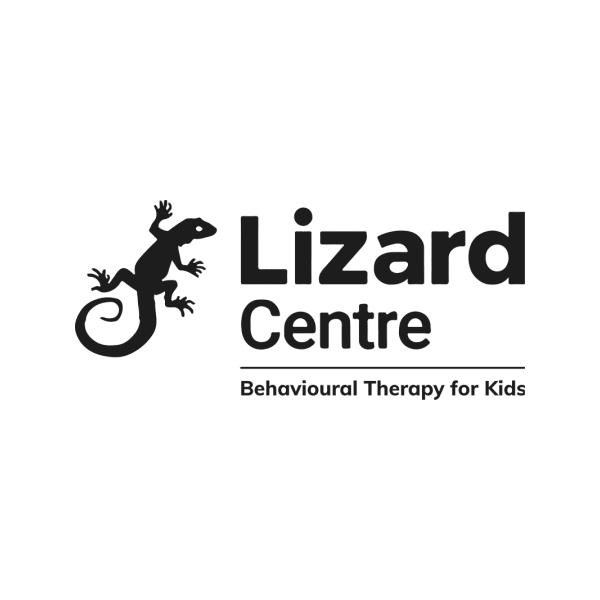Lizard Centre
Behavioural Support
At Lizard, we believe that therapy should be both evidence-based (what we do) AND values-based (how we do it).
Services
About
At Lizard, we believe that therapy should be both evidence-based (what we do) AND values-based (how we do it). We start with values. Our therapists welcome and respect neuro-diversity as well as the voice of your child. We believe that learning can be challenging but it can also be fun, rewarding and confidence-building. Our approach is to create a learning space where your child feels safe, relaxed and engaged. We help your child learn by empowering them and listening to them. Our therapists work to build trust, engagement, authenticity and agency. We seek to understand, share and shape. When we get it right, meaningful outcomes follow! Positive Behaviour Support Program Our Positive Behaviour Support Program is designed to understand and address a child’s challenging behaviours. It supports children and adolescents of all ages. We understand that challenging behaviours are often a source of frustration, and emotional distress for both the child and their parents. Our main focus is to develop proactive strategies that promote positive behaviours and reduce problem behaviours. The Positive Behaviour Support Program is designed to address behaviours including: Aggression, such as hitting, kicking, biting or verbal bellicosity. Self-harm, including head-banging, scratching, or biting. Damaging property, including furniture or belongings. Non-compliance with parental or teacher requests or instructions. Elopement or wandering, potentially putting themselves at risk. Social withdrawal or refusal, such as avoiding social interactions. Other challenges include attention-seeking disruptive behaviours, difficulties with personal hygiene and communication challenges. After School Program Our After School Program is designed to build the social and academic skills of children and adolescents, aged 7 years and older, with developmental delays or skills deficits. Improving language and communication skills within a kindy/ school environment. Developing social skills that build positive relationships with other children and teachers. Teaching daily skills such as following the school routine, time management and organisation. Strengthening academic skills such as reading, writing, maths, and comprehension. Improving emotional self-regulation, managing impulsivity and coping with transitions. Growing your child’s autonomy and confidence, enabling them to become an effective learner. Essentials Telehealth 1. Strengthen the parent-child relationship and restore balance between child-adult interactions. 2. Allow the child shared control in daily activities through improved functional communication. 3. Prepare the child for inevitable day-to-day disappointments and ambiguities. 4. Teach the child improved toleration, and that good things follow expected behaviour. 5. Develop and refine the child’s skills of play, toleration, cooperation and persistence.
Ratings & Reviews
4.0
Proactive Parents
Excellent program (ABA [Applied Behaviour Analysis] therapy). They quickly understood our child and rapport building – fabulous! However admin is disappointing. Senior therapists were excellent as was the program.
Submit an enquiry and we'll organise it for you.
Make an enquiry
Want to book with this provider? Submit an enquiry and we'll organise it for you.


